‘Indulging oligarchs has settled into deep groupthink’
Your digest of analysis from the British and international press
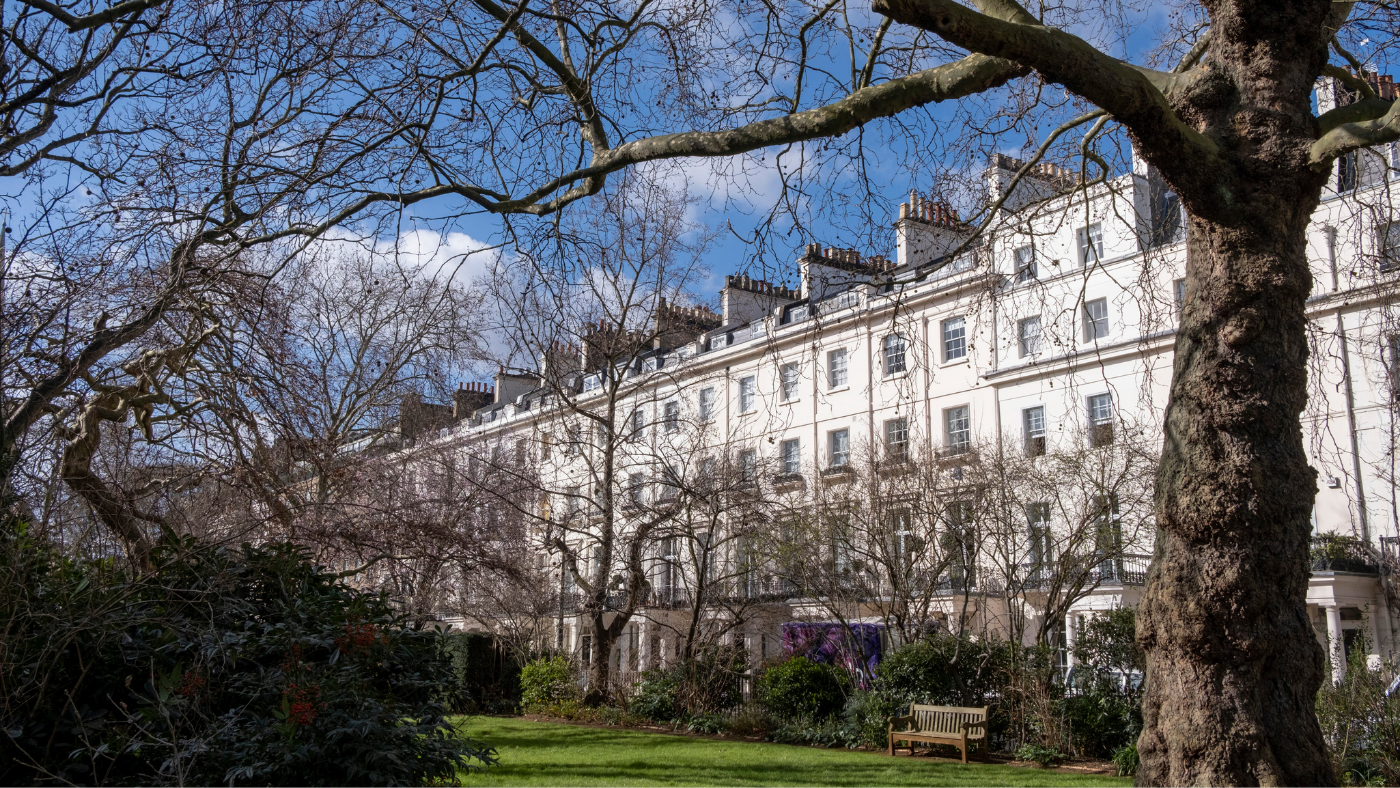
- 1. Oligarch money is embedded in London. Beware the big talk of a ‘crackdown’
- 2. A message to Hollywood, from one of your Japanese actors
- 3. Of course journalists should interview autocrats
- 4. A new Europe is emerging from the tragedy of Ukraine
- 5. Scotland needs beavers. So when will we stop killing them when they could be relocated elsewhere?
A free daily email with the biggest news stories of the day – and the best features from TheWeek.com
You are now subscribed
Your newsletter sign-up was successful
1. Oligarch money is embedded in London. Beware the big talk of a ‘crackdown’
John Harris at The Guardian
on international finances
Today, the House of Commons will debate the government’s Economic Crime (Transparency and Enforcement) Bill. “Ministers say they want to tackle the tangle of secrecy and deception that has long surrounded money stripped out of overseas economies and poured into British property, assets and banks,” writes John Harris at The Guardian. But “whether this will do anything to halt the current killing and chaos” in Ukraine is “rather more doubtful than some people are making out”. An “array” of last-minute amendments show how sensitive Boris Johnson and his colleagues are “to accusations of weakness and foot-dragging”. A “long history of indulging oligarchs and kleptocrats has settled into deep groupthink”. Much of London has ended up with “an awful moral murkiness”, not the “boost to the capital’s energy” that the international billions pouring in was “hailed” to be. We’re about to find out whether “the same people who allowed everything to happen” are “even halfway sincere” about bringing the “party” to an end.
The Week
Escape your echo chamber. Get the facts behind the news, plus analysis from multiple perspectives.

Sign up for The Week's Free Newsletters
From our morning news briefing to a weekly Good News Newsletter, get the best of The Week delivered directly to your inbox.
From our morning news briefing to a weekly Good News Newsletter, get the best of The Week delivered directly to your inbox.
2. A message to Hollywood, from one of your Japanese actors
Yuki Matsuzaki at The Independent
on representation and racism
Yuki Matsuzaki says he has “survived as an Asian actor in Hollywood for 22 years”, but he has also “watched up close how blatantly racist this casting process can be”. Hollywood “firmly believes that ‘Japanese’ is an ethnicity, and they insist that Japanese actors must look quintessentially ‘oriental’”, he writes for The Independent. Matsuzaki says “modern Japan is quite diverse” but mixed-race Japanese people “are absolutely not considered ‘Japanese’” by Hollywood. Because some of its filmmakers want to “contrast ‘diverse America’ with ‘homogeneous Japan’, they go full-on racist”. The actor says “Hollywood needs to understand that it has created offensive stereotypes by yellowfacing Japanese actors for many decades”, and he finds it “agonising” when young mixed-race Japanese actors ask for advice on making it in Hollywood. Matsuzaki says he “cannot stay silent anymore” about this. “Representation matters.”
A free daily email with the biggest news stories of the day – and the best features from TheWeek.com
3. Of course journalists should interview autocrats
Graeme Wood at The Atlantic
on asking questions
Last week, The Atlantic magazine published a profile of Crown Prince Mohammed bin Salman written by Graeme Wood. Then Wood watched as “Saudi Arabia’s propaganda machine cranked into operation”. His article “made numerous observations that would get a Saudi journalist imprisoned or worse”, and the government leaked an “edited – and scrubbed” transcript of the interview Wood had conducted with the crown prince. It served as “a guide, curated by the government, to the interview’s juicy bits”. Some “Saudis of prominence tweeted positively about the article – and thereby showed that they had not read it”. English speakers knew “they could not disseminate the substance of the article without personal risk”, given its mention of “forbidden subjects”. The “general approach to bad news” is to “pretend it is good news. Lie. Flood the zone with what you like, and ignore what you do not.” A journalist can’t stop “an autocrat from running his work through the propaganda machine. But that doesn’t mean autocrats should never be written about or asked questions.”
4. A new Europe is emerging from the tragedy of Ukraine
Sylvie Kauffmann at The Financial Times
on an expanding alliance
“Who would have thought only a month ago that the EU, an organisation so unwieldy that Britain chose to leave, would be seen as the ultimate refuge by nations desperately looking for security,” asks Sylvie Kauffmann in the Financial Times. Ukraine, Moldova and Georgia have urgently applied to join the EU, “seeking a fast-track entry procedure that does not exist”, writes Le Monde’s editorial director. France is “notoriously reluctant about enlargement” but “now agrees that a way forward must be found”. Jean Monnet, “a founding father of the EU”, said Europe “‘will be forged in crises’. He is being proved right again.” The EU decided over the weekend to finance weapons deliveries by member states to Ukraine, “thus turning an economic and political organisation into a security provider”. Both Olaf Scholz and Emmanuel Macron have spoken of “‘a new era’ for Europe”. Now, former Soviet states “will carry more political weight within the EU”. A new Europe, says Kauffmann, is “emerging from the tragedy of Ukraine”.
5. Scotland needs beavers. So when will we stop killing them when they could be relocated elsewhere?
Tom Bowser at The Scotsman
on an environmental ‘keystone’
Between 2019 and 2020, roughly a fifth of Scotland’s “tiny beaver population” was killed under licence, says Tom Bowser at The Scotsman. The “literal answer” as to why the number killed was “so high” is that landowners can apply for licences to kill the animals “when beavers have unmanageable impacts upon prime agricultural land”. This is only “part of the story”. There’s a “deeper truth” – that beavers are killed “in such shocking numbers because of institutional failings”. Beavers “hold ecosystems together” and “should be seen as one of nature’s solutions to the environment crisis. Instead they continue to divide opinion.” Bowser says “environmentalists love them and land managers don’t. But what of our government and nature-based agencies”, he asks. “The only clear thing about the SNP’s position is that it has always been unclear.” The Scottish Greens can be thanked for using their “influence” as a coalition party to expand the beaver population through translocation to new areas. “This is great news,” but “let’s hope” NatureScot “is up to the task”. It must “move at a speed demanded by the overlapping nature and climate emergencies”.
-
 Political cartoons for February 20
Political cartoons for February 20Cartoons Friday’s political cartoons include just the ice, winter games, and more
-
 Sepsis ‘breakthrough’: the world’s first targeted treatment?
Sepsis ‘breakthrough’: the world’s first targeted treatment?The Explainer New drug could reverse effects of sepsis, rather than trying to treat infection with antibiotics
-
 James Van Der Beek obituary: fresh-faced Dawson’s Creek star
James Van Der Beek obituary: fresh-faced Dawson’s Creek starIn The Spotlight Van Der Beek fronted one of the most successful teen dramas of the 90s – but his Dawson fame proved a double-edged sword
-
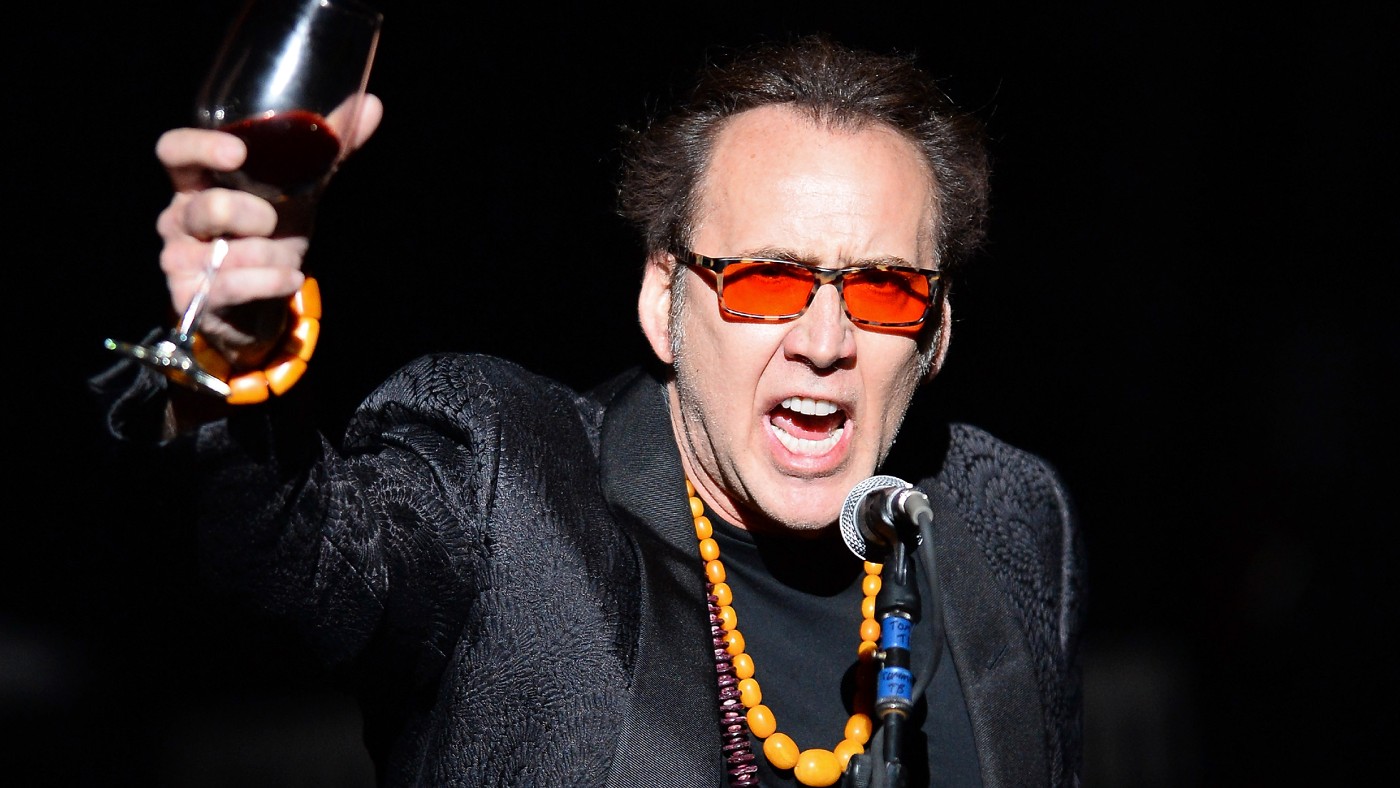 Nicolas Cage shrine could spark new religion
Nicolas Cage shrine could spark new religionTall Tales And other stories from the stranger side of life
-
 Doomsday group offers 'epic' survival opportunity
Doomsday group offers 'epic' survival opportunityTall Tales And other stories from the stranger side of life
-
 Luton Airport bendy buses join Ukraine war effort
Luton Airport bendy buses join Ukraine war effortfeature And other stories from the stranger side of life
-
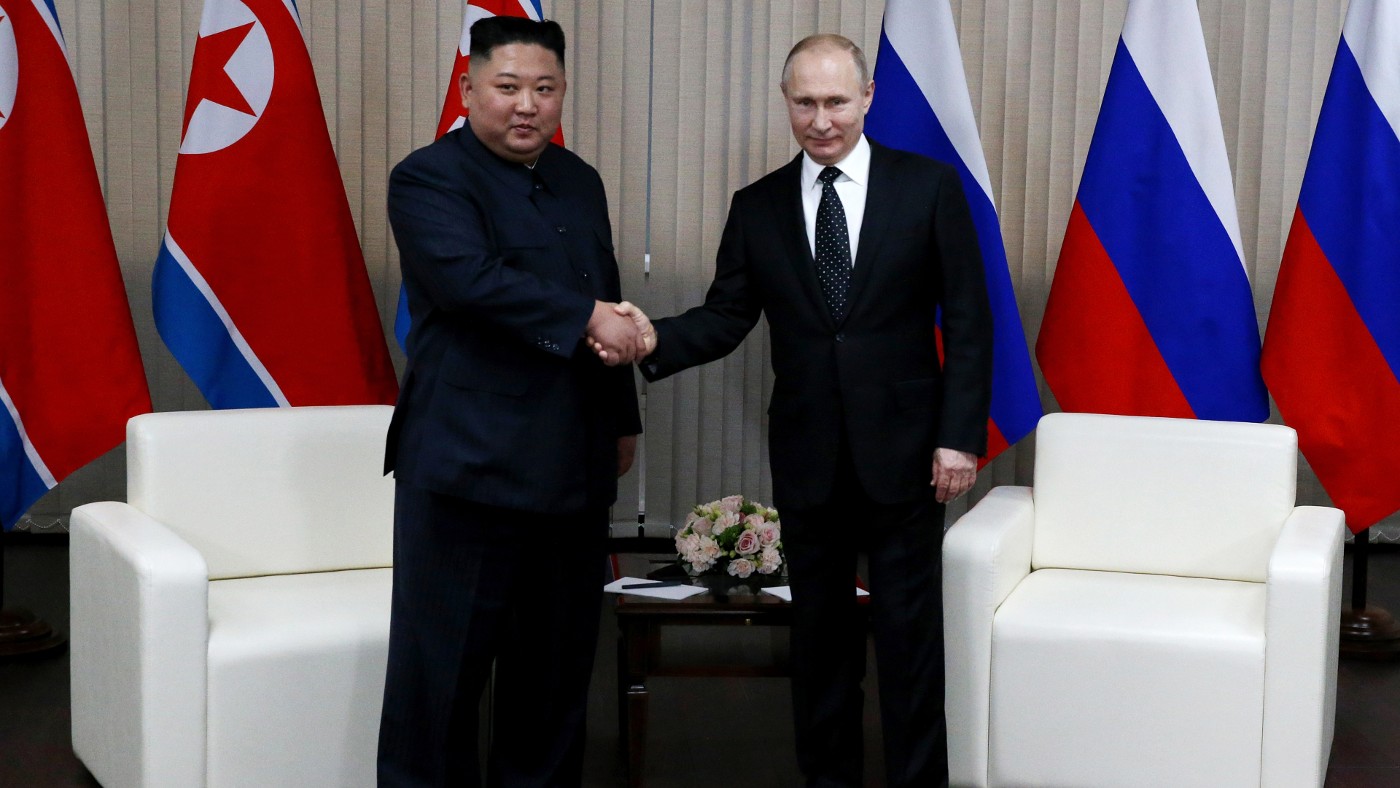 Would North Korean weapons tilt the war Russia’s way?
Would North Korean weapons tilt the war Russia’s way?Today's Big Question Putin wants to boost ‘depleted stocks’ but Pyongyang’s arms may be in poor condition
-
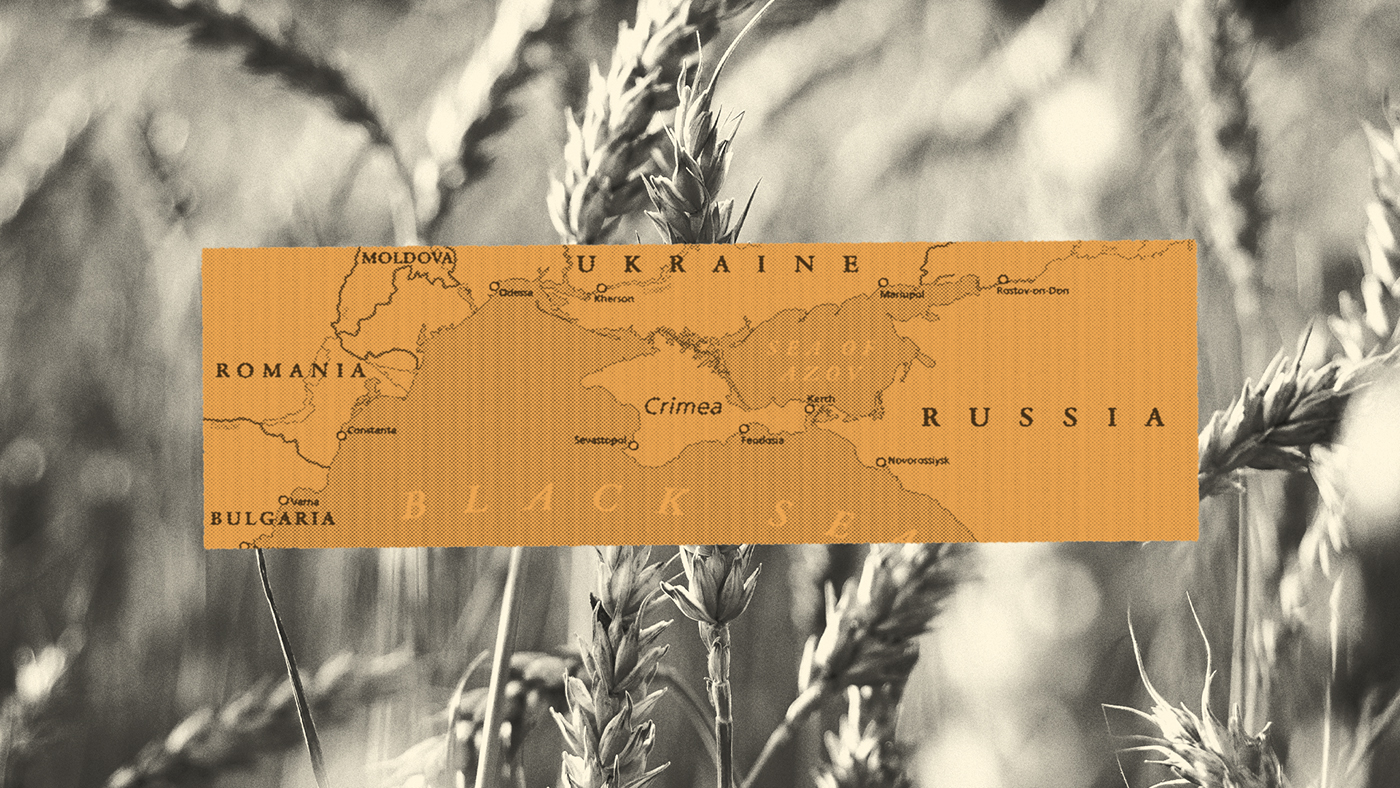 Can the Ukraine-Russia Black Sea grain deal be rescued?
Can the Ukraine-Russia Black Sea grain deal be rescued?Today's Big Question The Kremlin’s termination of agreement has sparked fears among food-insecure countries
-
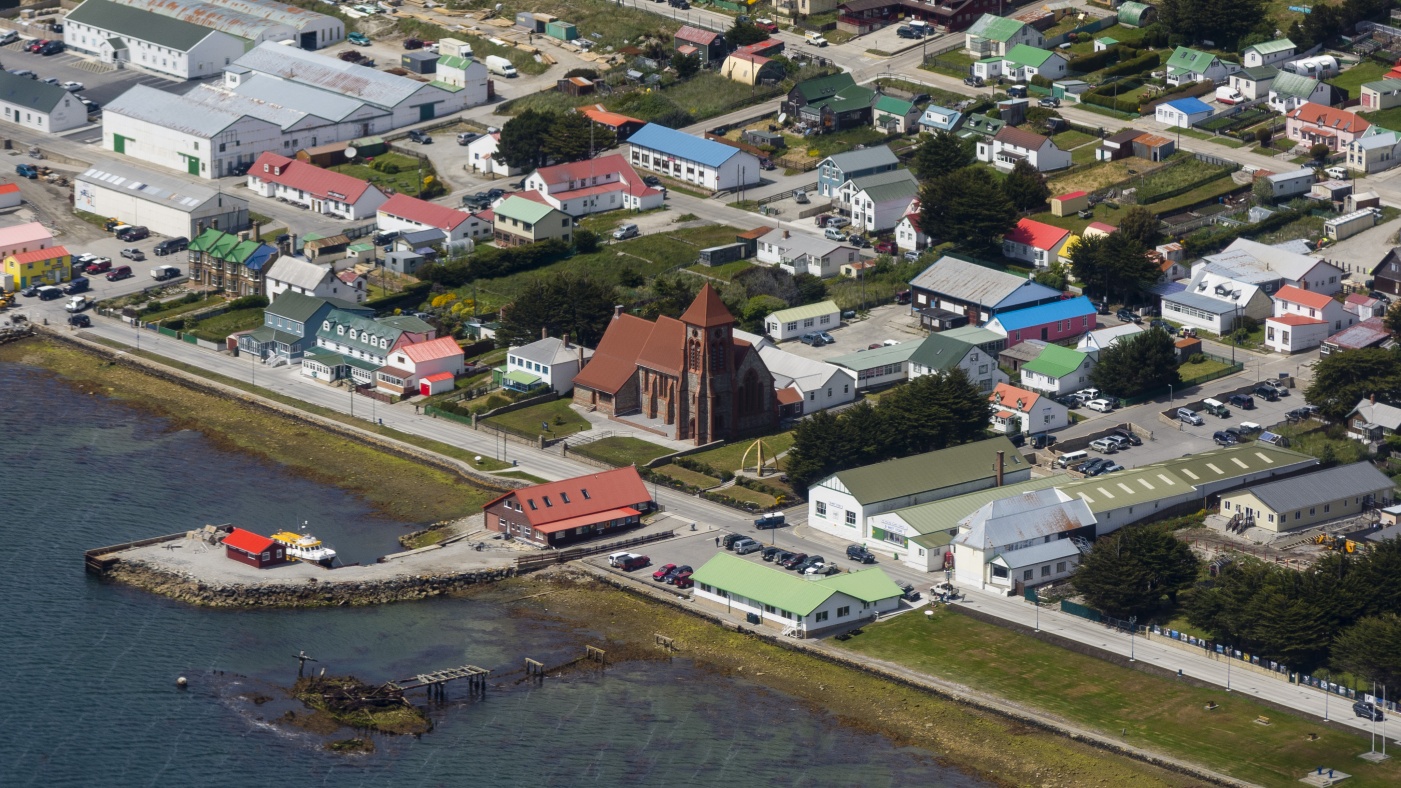 ‘Islas Malvinas’ and the new battle over the Falklands
‘Islas Malvinas’ and the new battle over the FalklandsTalking Point Argentina scores ‘major diplomatic win’ as EU refers to British territory by its disputed name
-
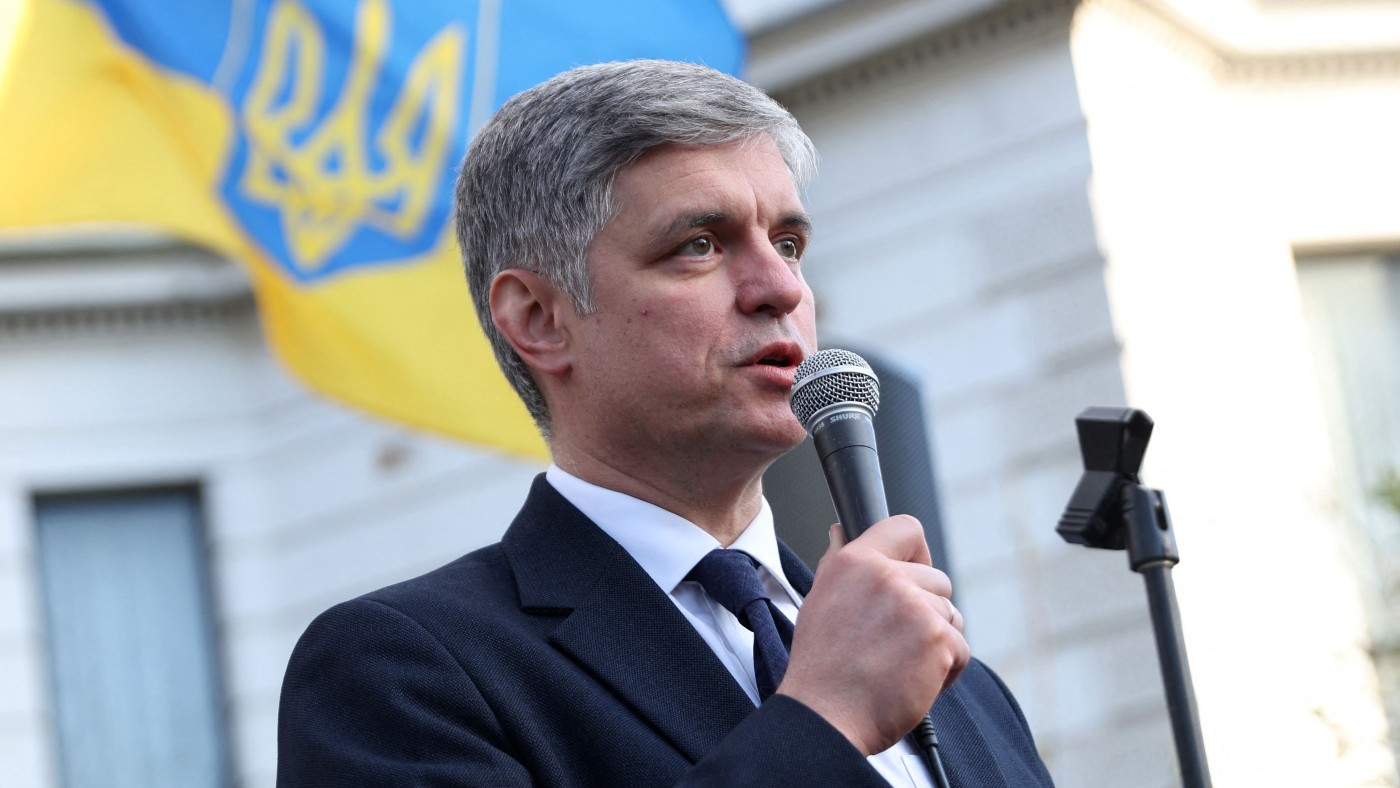 Zelenskyy sacks Ukraine ambassador to UK after sarcasm row
Zelenskyy sacks Ukraine ambassador to UK after sarcasm rowSpeed Read Vadym Prystaiko accused his boss of an ‘unhealthy sarcasm’ in response to British defence secretary Ben Wallace
-
 Why journalist deaths continue to rise around the world
Why journalist deaths continue to rise around the worldUnder the Radar Journalist deaths rose sharply in 2022 and don't appear to be slowing down this year